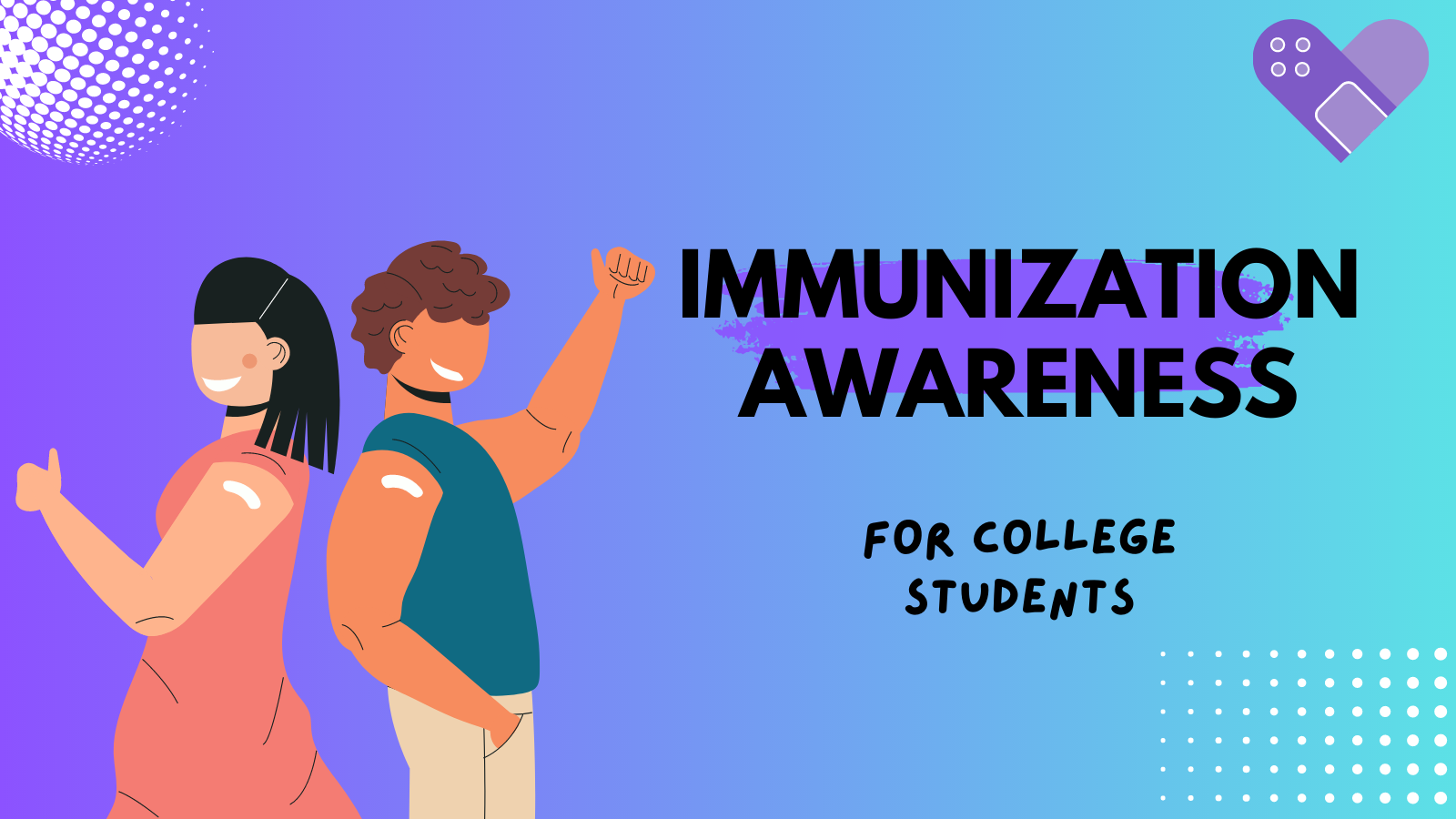An Important Reminder for College Students

As summer approaches and colleges begin to let out, we wanted to take a moment to send out an important reminder for college-age students. Over summer break, before heading back to school in the fall, it’s important to check in with your healthcare provider to ensure that you are up-to-date on your vaccines.
Different stages of life bring unique vaccination needs and young adults have specific vaccines that are relevant to their age group. Whether you are a college student or have college-age family members, take a minute to review some of the key vaccines that are particularly applicable to college-age students:
Meningococcal Vaccine
Meningococcal disease is a bacterial infection that can cause meningitis and bloodstream infections. College campuses, where students often live in close quarters, can be potential hotspots for the spread of this disease. The meningococcal vaccine protects against several strains of the bacteria and is highly recommended for college students, particularly if you will be living in dormitories or student housing.
Tdap Vaccine
The Tdap vaccine provides protection against tetanus, diphtheria, and pertussis (whooping cough). Pertussis, in particular, can be highly contagious and is known to have outbreaks on college campuses. Ensuring that you are up-to-date on your Tdap vaccination not only protects you but also helps prevent the spread of these diseases within your college community.
Hepatitis B Vaccine
Hepatitis B is a virus that infects the liver. It typically results in a short-lived illness, known as acute hepatitis B, followed by recovery. However, in some cases, the virus can lead to a persistent infection referred to as chronic hepatitis B, which can cause long-term liver damage. You may have the illness without displaying any symptoms, making it difficult to detect. If symptoms do occur, they can resemble flu-like symptoms. Individuals with the virus can transmit it to others through bodily fluids. To protect against hepatitis B, a three-dose series of the hepatitis B vaccine is recommended.
HPV Vaccine
Human papillomavirus (HPV) is a sexually transmitted infection that can lead to certain types of cancers. The HPV vaccine is recommended for both males and females in their late teens and early twenties. If you haven’t already received the HPV vaccine series, now is the perfect time to consult with your primary care doctor.
COVID-19 Vaccine
Before returning to campus, we strongly encourage you to check if you are up-to-date on your COVID-19 vaccine. Vaccination not only safeguards your well-being but also contributes to the collective effort in slowing the spread of the virus within educational settings.
Influenza Vaccine
Influenza, or the flu, can lead to severe illness, hospitalizations, and even fatalities. Each year, different strains of the flu virus circulate, and getting an annual flu shot is the most effective way to protect yourself. Since the flu season coincides with the start of the academic year, it is recommended to receive the flu vaccine before heading back to college to minimize the risk of contracting and spreading the virus.
We encourage you to make an appointment with your primary care physician or a local healthcare provider to discuss your vaccination history and any necessary updates. They can give you guidance regarding the vaccines mentioned above, as well as any additional immunizations that may be relevant to your specific health needs and circumstances.
At VEAP, our goal is to provide you with the information to empower you to make informed decisions about your well-being. Remember, prioritizing preventive measures such as vaccinations not only safeguards your health but also creates a healthier and safer environment for everyone in your college community. Wishing you good health and a fun-filled summer break!
Resources:
TeenVaxView for College and Technical School Students
Vaccines a College Student Needs


